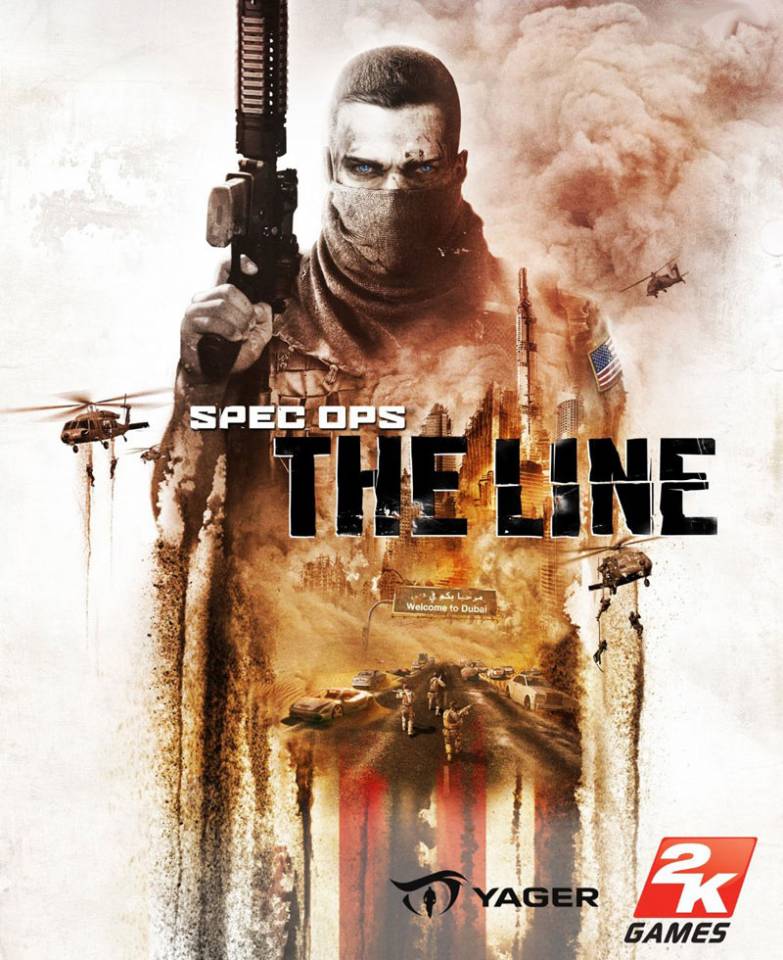
The game is supposed to feel standard, just like Call of Duty or Battlefield. Some might argue that the standard gameplay, helicopter sequences, and more are actually purposeful. Spec Ops: The Line is a study in character, on how good people can become evil, given the right circumstances. Therefore, as the body count exponentially increases, so does the ambiguity of your actions.

As things begin to spiral out of control and violence begins to erupt, Walker reiterates to both friend and foe that they are there to help, not to kill anyone. You have come to Dubai seeking to do the right thing and save people. When the game begins, you are a good guy in the classic sense, and so are your squadmates.
#SPEC OPS THE LINE NOT LAUNCHING SERIES#
Dubai is supposed to be primarily uninhabited, the city having been swallowed whole by a relentless series of destructive sandstorms. Without further ado, Spec Ops: The Line begins with you, Walker, leading two other soldiers into Dubai on a search for any survivors. Despite trying to keep plot details as vague as possible, it is difficult to discuss the stellar narrative without touching on a few key moments. If you haven’t played Spec Ops: The Line, I recommend playing it. What makes it a must-play experience is its story. The graphics aren’t fantastic, the gunplay is fairly standard, and the cover-based mechanics do not make it stand out among the vast array of shooters.

It’s a critically acclaimed game, despite lackluster sales, and it’s not because of stellar gameplay. Spec Ops: The Line hit shelves in 2012, three years after Modern Warfare 2. If Modern Warfare 2 had involved you in the horrors of warfare before that point, this moment may not have been as shocking and might have even been more powerful.Īs an example of the controversial done correctly, I offer to you Spec Ops: The Line. This is due to a lack of player agency in the narrative of the game. Previously, I had discussed what made the infamous No Russian mission from Modern Warfare 2 distasteful, inappropriate, and controversial. This is a continuation of the argument made in part one, so you might be a little confused if you haven’t read it.

This is part two in a series of articles so, if you haven’t, make sure to read part one here. More specifically, are extreme acts of violence unacceptable in video games, or are there circumstances that exist where they are acceptable, able to avoid controversy? As a consequence, do video games need to be censored, being too controversial, because of their immersive nature? In other words, is there a difference between shooting someone in a game and watching someone shoot a person in a film? What often can be acceptable in a film can prove controversial in a video game. The immersive nature of video games calls into question if the artistic capabilities of the platform are different than that of films and books.


 0 kommentar(er)
0 kommentar(er)
